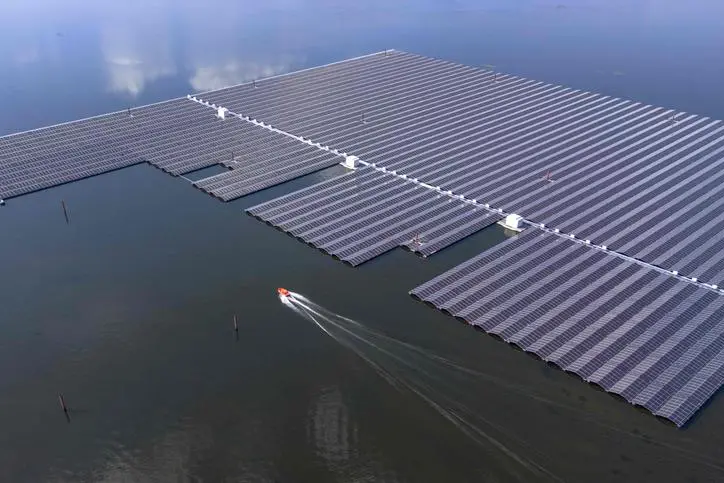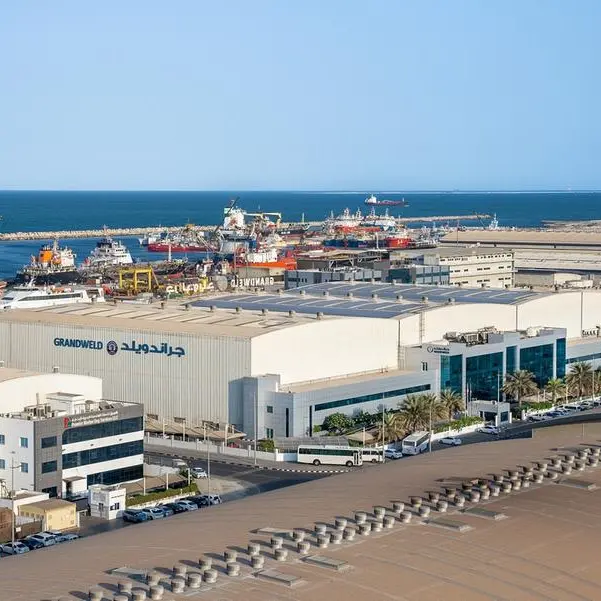PHOTO
NEW YORK - Governments, industry and other key players can now deploy a new action-oriented toolkit to ensure the global energy transition unfolds with equity, justice and sustainability as demand for minerals for renewables is poised to almost triple by 2030, according to a report released on Wednesday by a diverse expert panel convened by the UN chief.
“Today’s report from the Panel on Critical Energy Transition Minerals is a how-to guide to help generate prosperity and equality alongside clean power,” said UN Secretary-General António Guterres.
Many of today’s rapidly growing clean energy technologies, from wind turbines and solar panels to electric vehicles and battery storage, depend on such critical energy transition minerals as copper, lithium, nickel, cobalt and rare earth elements.
The report identifies ways to ground the renewables revolution in justice and equity so that it spurs sustainable development, respects people, protects the environment and powers prosperity in resource-rich developing countries.
Seven guiding principles for direct action and five recommendations to help put them into practice and address key gaps in international governance are outlined in the 35-page Resourcing the Energy Transition report, penned by energy ministers and other experts from around the world.
Fairness, transparency, investment, sustainability and human rights drive the panel’s recommendations, centred on where minerals are mined and the entire value chain, from refining and manufacturing to transport and end-of-use recycling.
The panel recommended establishing a set of key tools, from an initiative empowering artisanal and small-scale miners in becoming agents of transformation in fostering development, environmental stewardship and human rights to a global mining legacy fund to build trust and address related issues as a result of derelict, ownerless or abandoned mines and strengthen financial assurance mechanisms for mine closure and rehabilitation.
It further recommended building a global traceability, transparency and accountability framework along the entire mineral value chain as well as a high-level expert advisory group to accelerate greater benefit-sharing and economic diversification in critical energy transition minerals value chains.
As the window closes to limit the global average temperature rise to 1.5°C above pre-industrial levels and meet the goals of the Paris Agreement on climate change, the UN chief outlined the road ahead.
“As next steps, I have asked the panel co-chairs and panel to consult and share the report and its recommendations with Member States and other stakeholders ahead of COP29 later this year,” Mr. Guterres said, pledging the UN system’s support to implement the panel’s work in safeguarding and advancing human rights across the critical minerals value chain.
Through all this, he said, civil society, young people and Indigenous Peoples must be heard and have a seat at the table.
“Together, let’s work to deliver renewable energy that powers a fairer, more just and more prosperous future for all.”





















